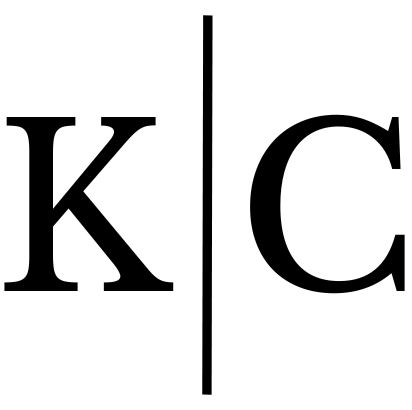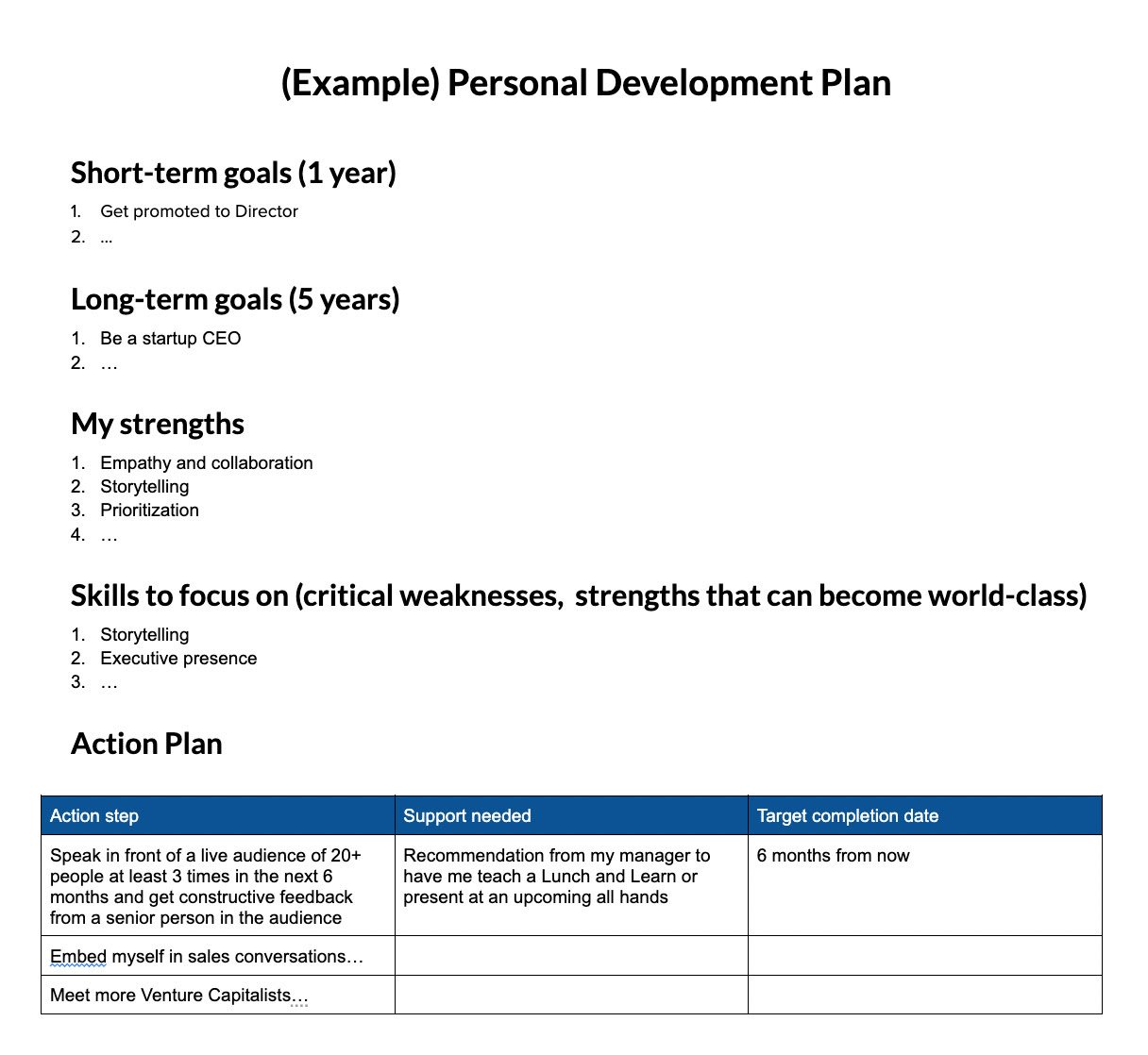Improve your team’s retention with structured career conversations
When I joined LinkedIn’s product team in 2012, I encountered a distinct approach to career conversations. It began with an upfront acknowledgement: “You are unlikely to work here for the rest of your career. Great, now that we addressed that we can be honest and discuss your true career goals.” This candid perspective, ingrained by Reid Hoffman, was based on a philosophy that employees join for a tour of duty to get the team from Point A to Point B. Completing this tour is important and leaving midway is a failure. But you should be open about your long-term aspirations and after each tour ends you have earned a discussion about your next career move, whether that be within LinkedIn or somewhere else.
While more common now, this was cutting edge in 2012. If a product manager aspires to become a venture-backed CEO, they might require more exposure to sales, even if not directly related to their current role. Ironically, the more marketable you make people externally the longer they stay because it means they’re growing.
Here are several tactics for engaging in these career conversations with your direct reports. It can be enlightening at times and uncover a deeper level of conversation around where your team members want to go, where they perceive they are growing and where they may feel stalled or blocked.
1. Proactively schedule a 30 to 60-minute conversation about their career
Avoid scheduling this during a crisis or before a significant deadline. Find a moment when you can step back from everyday tasks and focus solely on career-related topics. You may need to conduct a regular 1:1 meeting within the same week to discuss urgent matters separately, enabling both of you to be focused and present during the whole conversation. If possible, consider holding this conversation over coffee or a meal.
2. Share a document for them to fill out before you meet
Here is the format I use.
While simple, it can be challenging for many to complete. So, stress that this document is a dynamic work-in-progress and bringing a super rough draft for the first conversation is fine. Encourage them to start jotting down their aspirations and strategies for achieving them. Just as product success needs a roadmap, career success demands explicit goals and strategies.
3. Start with the long-term
Begin with a conversation about your direct report's long-term goals, both personal and professional. Choosing a 5-year horizon breaks some of the tension, especially if they are not accustomed to sharing their career ambitions with their manager. This timeframe seems distant enough to foster openness, yet near enough to require a specific plan. This dialogue can reveal a lot about their aspirations, how they feel about their career progression, and the types of challenges that will keep them engaged. It’s remarkable how often managers discover that a team member may depart in order to seek specific experiences or challenges when those can be readily facilitated internally with minimal adjustments. All because the manager asked and listened.
4. Discuss balancing individual aspirations and organizational objectives
Seek a balance between your team member’s passion and their job responsibilities. Ideally, most tasks align with both their goals and your needs. Acknowledge that 20% of the role may not cater to their interests, but it’s crucial for success in the job. Conversely, 20% of what they need for their career goals may not align with your objectives. That’s also OK and enables you to make room for them to engage in projects or side activities that stimulate the right types of learning and growth.
If the gap between job requirements and their personal goals is too large, it’s better to identify that, address it, and discuss it rather than leave it to fester. If the gap is closable in the short term, which it usually is, then you can collaborate on defining and bridging the gap.
5. Listen intently
These career conversations are invaluable for understanding how to best support your team. Make an effort to minimize distractions by switching off your phone and quieting your internal chatter. Truly immerse yourself in the conversation, listen to the ideas that are clearly articulated and guide them as they try to express ideas that are still incubating. If they haven’t yet defined precise career objectives, your assistance in discovering and refining those goals can be empowering.
6. Help them set measurable goals and actionable next steps
Let them steer the discussion, it’s essential that they feel ownership over the plan. But hold them accountable for creating a plan. Often, the initial attempt can be challenging and require iterations. That is natural, but ensure that they progress towards a plan with specific goals and action steps that you both agree on. Someone eager to hone their storytelling skills might find public speaking or improv classes useful, but never had an accountability partner to help them make it happen.
7. Schedule a follow up
Completing a significant project or "tour of duty" should prompt another round of conversation about future possibilities. Reflect on the milestones achieved and discuss what comes next. If there isn’t a specific milestone, then mark a date 3 or 6 months from now for a follow up.
Engaging in career conversations with your direct reports paves the way for relationships founded on mutual understanding, support, and growth. The key is to be proactive, receptive, and sincere during these discussions. It will go a long way in cultivating a dynamic and motivated team where high performers are inspired to stay and do their best work.


